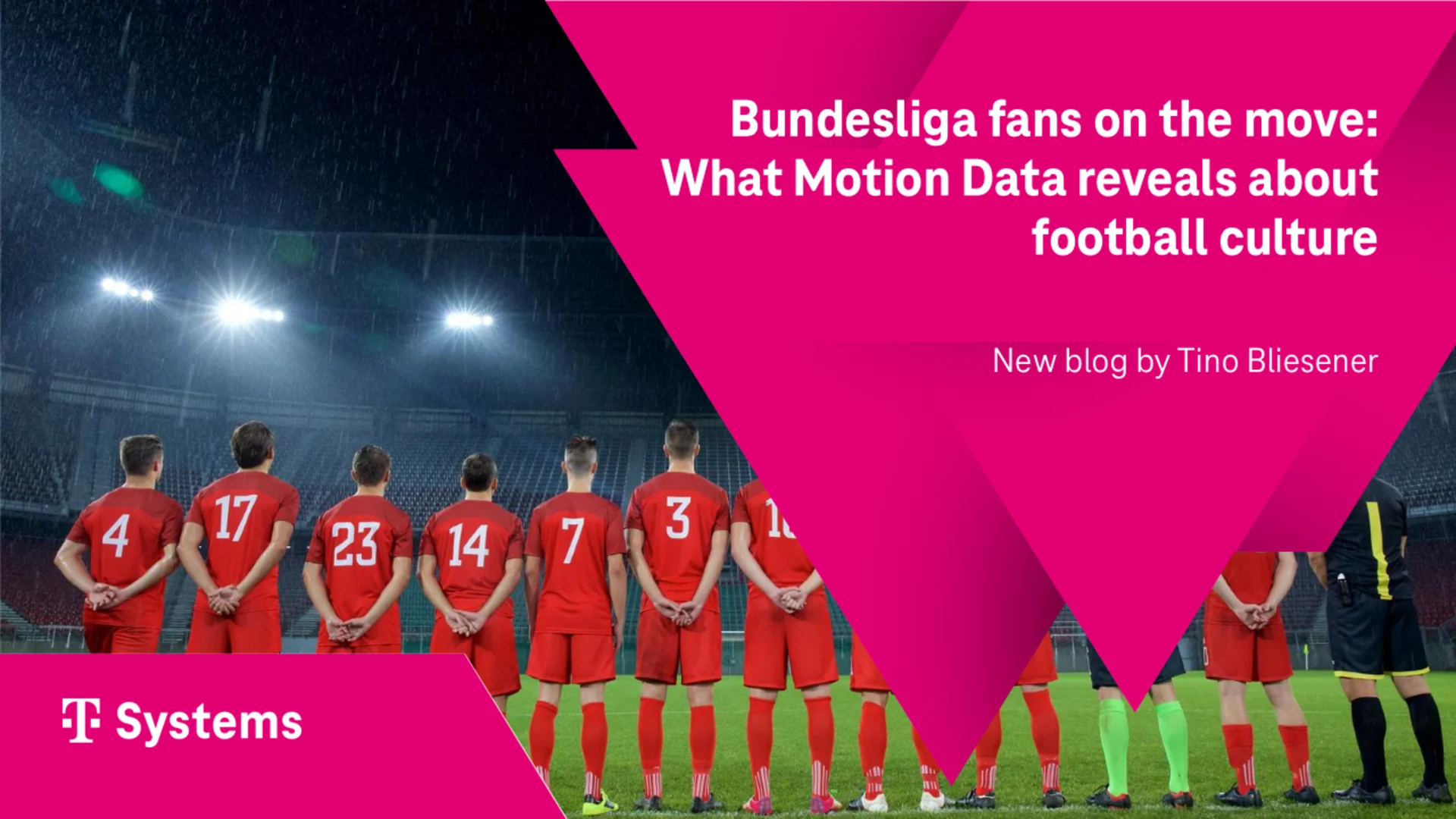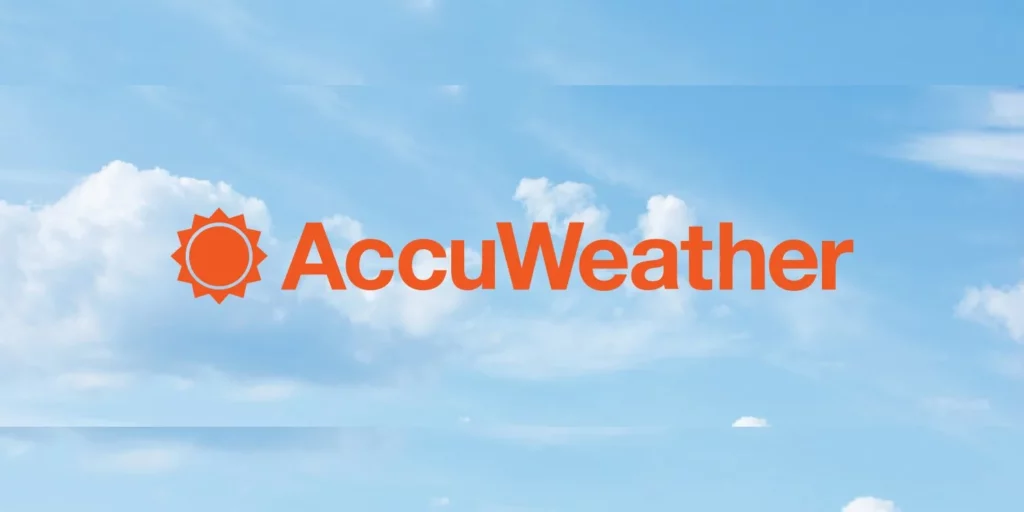Solution
Intelligent algorithms. Advanced analysis methods based on machine learning are combined with various data sources in the Telekom Data Intelligence Hub. High-precision, but selective, measurements are interpolated into the entire urban area and extrapolated into the future. On the one hand, this allows a detailed statement about the current situation in the entire city area as well as a forecast of future developments. Information from sensor measuring stations as well as weather and traffic data are included in the calculation of air quality. These are supplemented with open data about building topographies and other traffic information. Thanks to the data network, there’s no need for costly new measuring stations. The Data Intelligence Hub also provides support in planning measures to improve air quality – such as controlling traffic management systems so that polluted areas can be bypassed, or the precise deployment of an e-bus fleet to relieve pressure.
Benefit
Direct data. The Data Intelligence Hub provides a comprehensive inventory of air quality as well as forecasts of future developments. Individual points can be specifically observed and evaluated using a tile grid map covering the entire urban area. The value-generating analytics can be developed by impartial data scientists and made available to all users. This neutrality enables the members to provide impartial data. All users have data sovereignty at all times and determine the duration of use and intended use. Telekom guarantees that data will be used for the intended purpose. In addition, customers have the option of simply, transparently and, of course, securely tapping additional sources of income by monetizing their own databases.






















